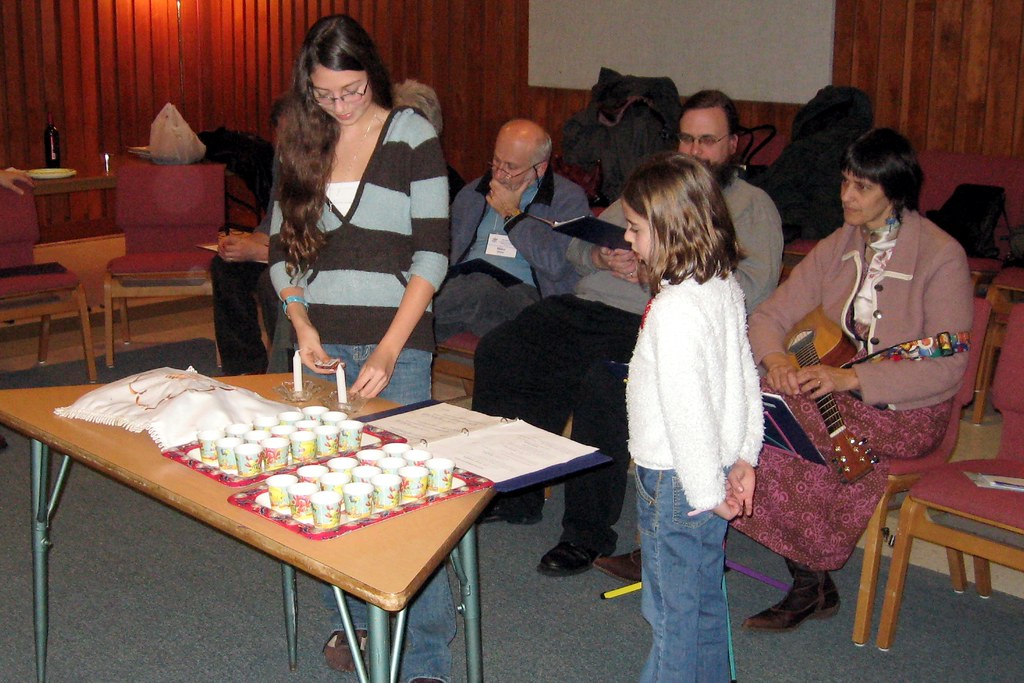| Source (German) | Translation (English) |
|---|---|
Ich komme in dein Haus, auf deine große Güte vertrauend; bete ehrfurchtsvoll in deinem Tempel an. (Psalm 5, 8.) |
[I come into your house, trusting in your great goodness; I worship reverently in your Temple. (Psalms 5:8)][1] Left untranslated by Wertheimer. –ANV |
Ewiger! mit zitternder Freude[2] Nach dem Ausdrucke des Psalmisten: וְגִילוּ בִרְעָדָה (freut euch mit Zittern. Psalm 2, 11.) betrete ich das heilige Haus, das zu deiner Andacht bestimmt ist. Zwar bist du allgegenwärtig und überall ist deine Allmacht und göttliche Huld sichtbar, und an jedem Orte kann deinem Namen geopfert und gehuldigt werden, wie dein heiliges Wort im Munde des Propheten lautet: “Ueberall Kann geräuchert und ein reines Opfer dargebracht werden meinem Namen” (Maleachi 1, 11). |
Eternal! with trembling joy, I enter this Thy holy dwelling — the Temple consecrated to Thy worship. I know, God! that Thou art everywhere, for Thine Almighty power and grace on every side surround me, and therefore do I feel, that in any place Thy name may be devoutly praised and hallowed, even as Thou has spoken by the mouth of Thy Prophet: “In every place incense shall be offered to my name and a pure offering.” (Malachi 1:11) |
Doch fülht sich das schwache menschliche Herz mehr gehoben und gestimmt, in den, deinem göttlichen Ruhme geweihten Hallen sein Gebet zu verrichten und hier seine geheimsten Wünsche dir, Vater im Himmel, vorzutragen. Ja, im Vertrauen auf deine ewige Huld, o Ewiger, betrete ich dein Haus, neige mich, von Gottesfurcht erfüllt, vor dir an der heiligen Stätte deiner Herrlichkeit. O würdige mich, mein Gebet, das ich dir treugesinnt vorzutragen mich anschicke, wohlgefällig aufzunehmen, als ein Opfer, das vom liebeglühenden Altare meines Herzens zu dir emporsteigt. |
Yet, O Father! it is especially in the halls dedicated to Thy glory that my soul is most elevated unto Thee — my mind most attuned to Thy service — my heart most reliant on Thy merciful goodness. Therefore do I approach Thee in the Holy Place of Thy Majesty, Everlasting One I with my offering of prayer and thanksgiving, and filled with reverential awe, I humbly bend my knee before Thee. Grant that the spirit of devotion may attend my prayer, to make my worship grateful in Thy sight, as incense rising unto Thee from the love-glowing altar of my heart. |
Deiner Allgüte vertrauend weicht die Furcht von mir nach und nach, und ich nähere mich dir, wie ein Kind vor den gütigen Vater tritt, mit Zuversicht, und hebe mein Herz wie meine Hände flehend zu dir empor. O merke auf die geheimste Regung meiner Brust und erhöre mein Gebet, mein Hort und mein Erlöser! |
Cause me to draw near unto Thee, as a child unto a tender father, with a bosom fraught with love and confidence. And when I raise my heart, like my hands, imploringly unto Thee, regard the most secret emotions of my breast and hear my supplication, Thou who art my Shepherd, my Redeemer! Amen. |
“Gebet beim Eintritt in das Gotteshaus” was written by Meir Letteris and published in his anthology of teḥinot, תחנוני בת יהודה (Taḥnunei bat Yehudah) Andachtsbuch für israelitische Frauenzimmer…. In the 1846 printings, it appears on p. 1. The English translation here was made by Miriam Werheimer and for unknown reasons misattributed to Wolfgang Wessely in Devotional exercises for the use of Jewish women, on public and domestic occasions (1852). –Aharon Varady
Source(s)



Notes

“Gebet beim Eintritt in das Gotteshaus | Prayer on Entering the House of God, by Dr. Meïr Letteris (1846), translated by Miriam Wertheimer (1852)” is shared through the Open Siddur Project with a Creative Commons Public Domain Dedication 1.0 Universal license.










Leave a Reply